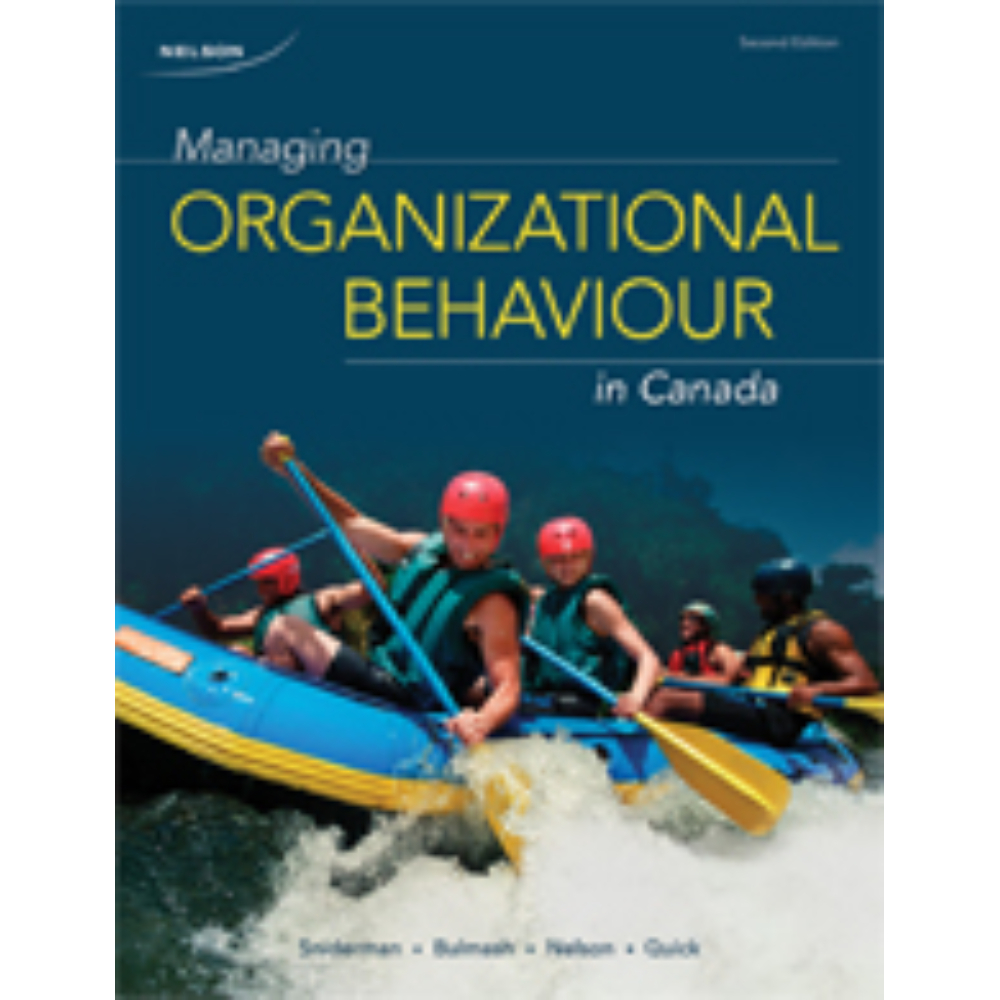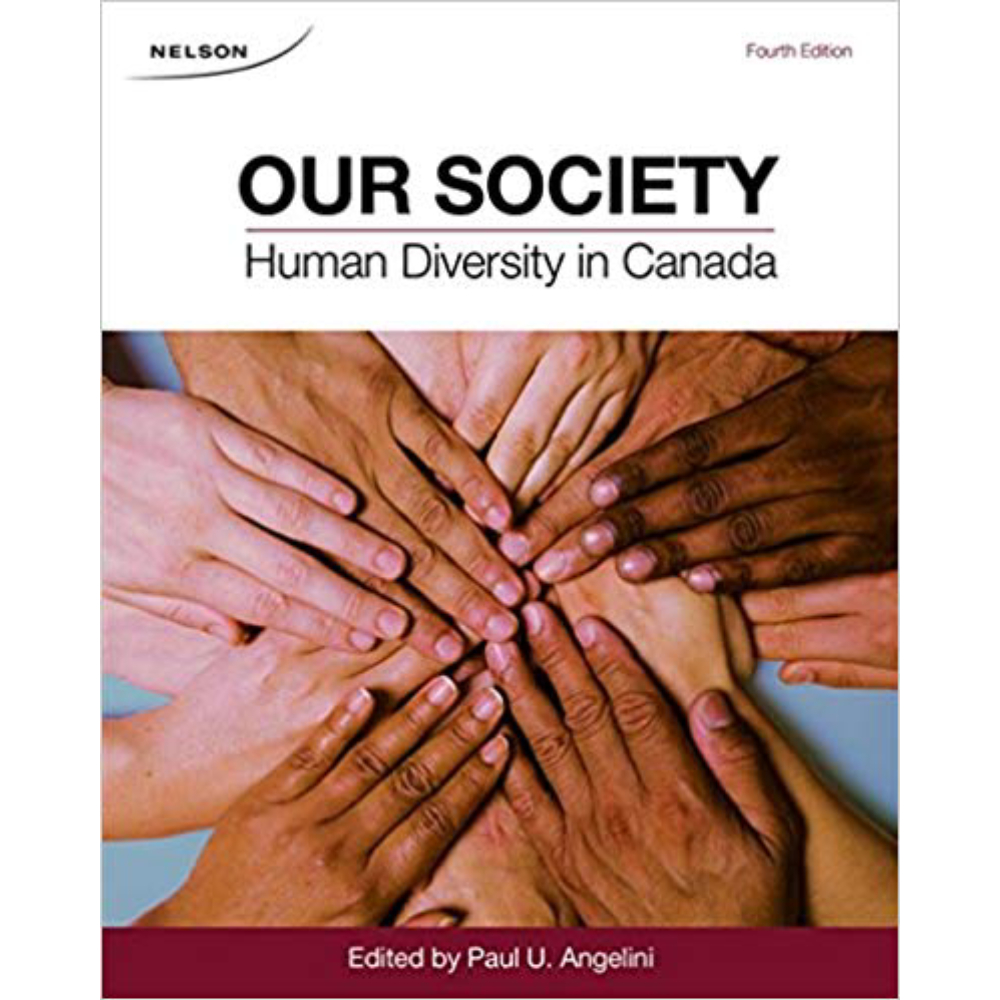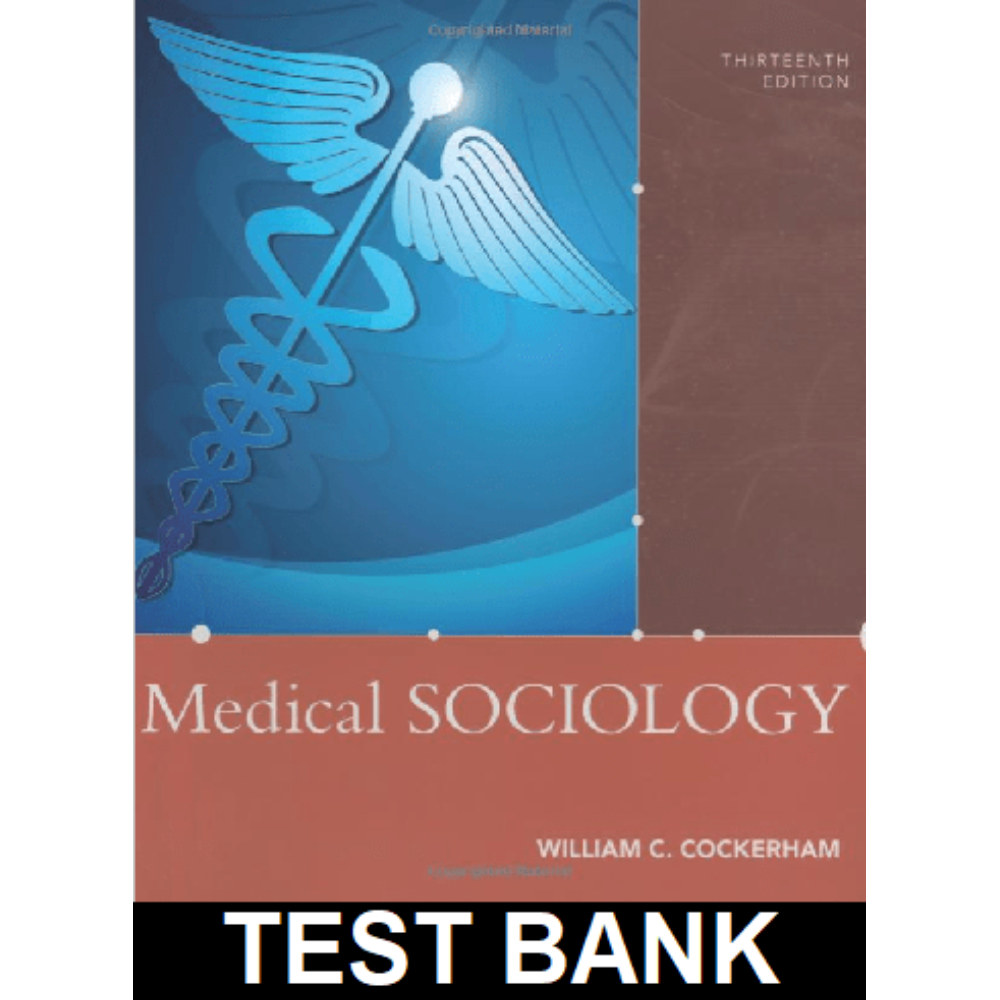Medical Sociology 13th Edition By Cockerham – Test Bank
$55.00
Medical Sociology 13th Edition By Cockerham – Test Bank
You will receive this product within 24 hours after placing the order
Overview
Chapter 11
Physicians in a Changing Society
Multiple Choice Questions
1. Public dissatisfaction with the medical profession in the United States is generally viewed as having ______________ and ________________ origins.
a. Educational; economic
b. Educational; social
c. Economic; social
d. Economic; ethnic.
e. None of the above.
Answer: C Page: 271
2. The decline in the status of physicians is largely due to greater:
a. Government regulation
b. Corporations in the health care market
c. Changes in the physician-patient relationship
d. All of the above
e. None of the above
Answer: D Page: 283
3. __________________ considerations have become a primary motivation among physicians, hospitals, and private health insurance companies.
a. Economic.
b. Social.
c. Governmental.
d. Insurance.
e. All of the above.
Answer: A Page: 271
4. Which group may hold doctorates in their field?
a. Nurses.
b. Physical therapists.
c. Pharmacists.
d. Nutritionists.
e. All of the above.
Answer: E Page: 271
5. What is medicalization?
a. Path by which a student becomes a medical professional.
b. Process of turning commonly regarded normal human conditions into medical ailments.
c. Process where a traditionally non-medical professional/occupational sphere becomes labeled as medical (e.g. insurance companies).
d. None of the above.
e. All of the above.
Answer: B Page: 272
6. Medicalization is a form of ______________ action.
a. Socioeconomic.
b. Individual.
c. Collective.
d. Physician-driven.
e. None of the above.
Answer: C Page: 272
7. Which is NOT an important feature of a positive relationship for patients with their physician?
a. High levels of trust.
b. General satisfaction.
c. Participation in decision-making.
d. Gender matching.
e. None of the above.
Answer: D Page: 273
8. What restricted the evaluation of work and discouraged the expression of criticism within physician circles?
a. Rules of etiquette.
b. Laws.
c. Formal sanctions.
d. Hospital guidelines.
e. None of the above.
Answer: A Page: 273
9. Etiquette was a more important _______________ than accountability in undermining attempts at critical evaluation of physicians by physicians.
a. Value.
b. Belief.
c. Norm.
d. Opinion.
e. All of the above.
Answer: C Page: 273
10. Millman contended that a “gentlemen’s agreement” existed among the hospital physicians. What did this agreement allow for?
a. Overlooking each other’s mistakes.
b. Not to discuss personal issues with physician’s partners.
c. Assisting in negotiating the highest pay possible for physicians.
d. Doctors to be unreliable.
e. Irresponsibility to patients.
Answer: A Page: 274












Reviews
There are no reviews yet.